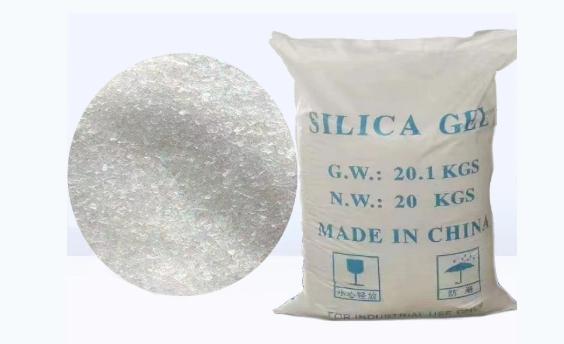Petroleum refining is a cornerstone of the energy and chemical industries, transforming crude oil into valuable products like gasoline, diesel, jet fuel, and petrochemicals. At the heart of this complex process are petroleum refining chemicals—specialized substances that enhance efficiency, improve product quality, and minimize environmental impact.
What Are Petroleum Refining Chemicals?
Petroleum refining chemicals are a diverse group of compounds used at various stages of the refining process. They include:
Catalysts: Key to cracking, reforming, and other processes, catalysts like zeolites and platinum speed up chemical reactions, allowing refineries to maximize yield.
Corrosion Inhibitors: Protect refinery equipment from acidic compounds in crude oil, ensuring safety and longevity.
Demulsifiers: Help separate water from crude oil, a critical step before processing.
Desulfurization Agents: Remove sulfur compounds to meet regulatory standards and improve fuel quality.
Anti-foulants: Prevent deposit build-ups in heat exchangers and pipelines, maintaining operational efficiency.
How These Chemicals Enhance Refining
Improved Efficiency: Catalysts and anti-foulants streamline operations, reducing energy consumption and downtime.
Environmental Benefits: Desulfurization agents help meet stringent environmental regulations by minimizing harmful emissions.
Cost Reduction: By protecting equipment and improving yields, these chemicals reduce maintenance costs and increase profitability.
Innovations in Refining Chemicals
As sustainability takes center stage, the refining industry is innovating. Biodegradable chemicals and green catalysts are gaining traction, reducing the environmental footprint of traditional refining processes.
Petroleum refining chemicals are indispensable to the modern energy landscape, enabling refineries to meet global demands efficiently and sustainably. Their role will only grow as the industry adapts to evolving challenges.









Share this page with your family and friends.